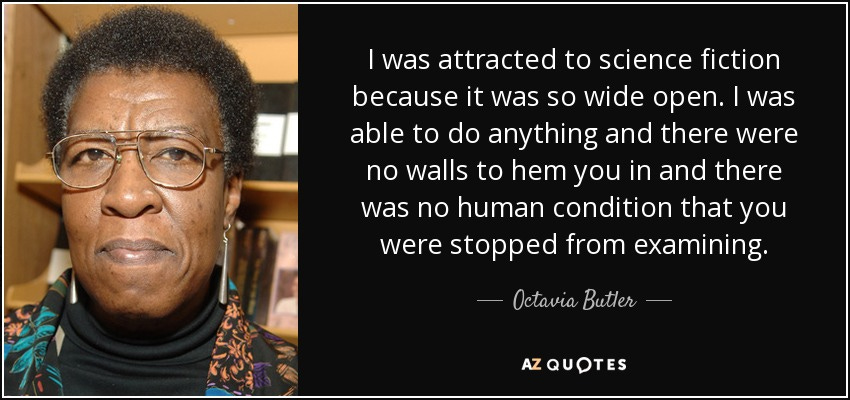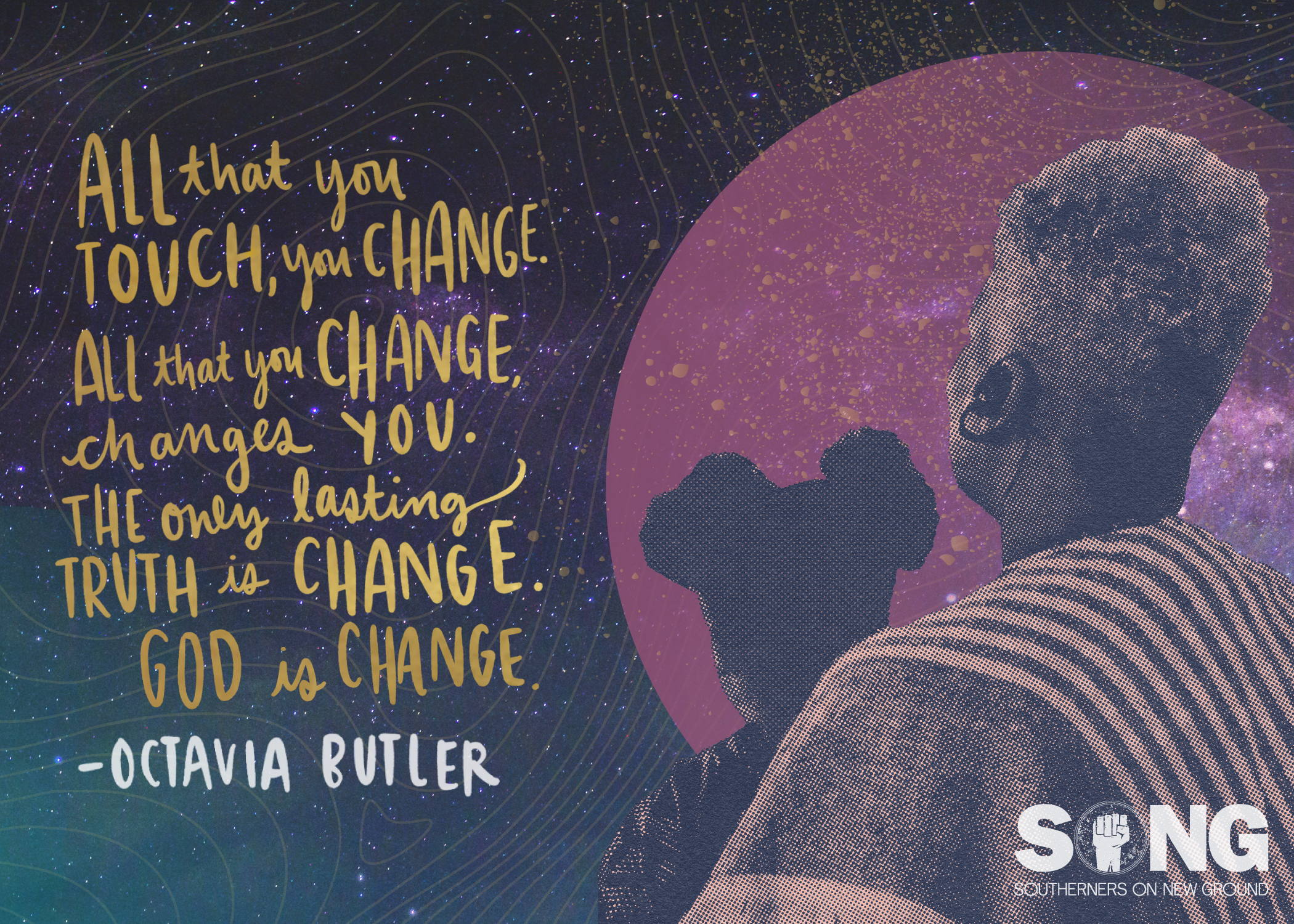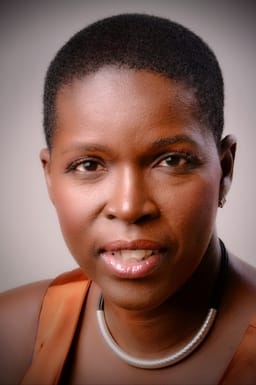Why I Dream | Imagination for Resilience & Expansion
🤓 Bite-Sized Knurd: Science fiction has the capacity to expose the ills or contradictions of society while giving marginalized groups a space to breathe.
In Case You Missed It: Imagination: A Tool for Advocacy
Read on for more…
Did you ever want to be a superhero when you grew up? Or a Jedi knight? How about a witch or wizard?
If you haven’t already figured it out based on the name of my company, I’m a HUGE nerd…or in this case a geek 🤓. I grew up on Luke Skywalker, James Bond, Poison Ivy, Samantha Stephens, Veronica Mars, Hermione Granger, Malcolm Reynolds, Captain Starbuck, Rose Tyler, and more recently the full Marvel universe. (major points to anyone who can recognize all of these names)
In many ways, I was destined to be a geek. My mother named me after Elizabeth Montgomery’s character in Bewitched. I was born on Star Wars day. I mean…you do the math.
It should then come as no surprise that I love imagination. I used to daydream with full plots and character development. Sometimes it was a spy thriller, a superhero adventure, or witchy magic. Dreaming allowed me to play out the parts of me that didn’t fit into the mold. Without fully recognizing it at the time, it allowed me to be my queer self with full confidence and joy.
My story is not unlike many others who felt different and knew there was more out there for them.
Imagination for Resilience & Expansion

Imagination can offer us so many things. A way to grow our advocacy for the future we hope to achieve. It can also offer solace during trying times.
The great science fiction writer, Octavia Butler, speaks of writing as expansive. There are no guardrails to what we can imagine when we step outside of our current world. But the really radical thing about science fiction is that by stepping out of our world, it actually allows us to see our world more clearly.
The greatest science fiction writers can expose the ills or contradictions of society while giving marginalized groups a space to breathe.
‘The Left Hand of Darkness’ by Ursula K. Le Guin flips gender roles when a human man volunteers as an emissary to a world whose species are gender fluid. The cisgendered man becomes the odd one out who must navigate a world where gender freedom is the norm by dismantling his ideas of gender roles to connect with others.
More recently, Charlie Jane Anders (a self-professed writer of “inspirational weirdness”) merges tech and witchcraft in ‘All the Birds in the Sky’ to ask fundamental questions about human nature, friendship, and how your differences are our superpowers.
As life has begun to mimic science fiction (an unprecedented pandemic, apocalyptic climate disasters, the richest guy in the world breaking things), I have increasingly turned to science fiction for answers and, frankly, for the right questions.
Science fiction can offer deeper perspectives beyond what is in front of our faces on a daily basis.
Octavia Butler’s most famous book, Parable of the Sower, is only more salient today than when it was released in 1993. Set in a future Los Angeles ravaged by climate change, where water is scarce and most of the population is homeless, a young Black Latina girl must find her role in a society where violence and fear have enveloped everyone’s psyche. What once was her weakness, hyper-empathy, becomes her strength as she builds community to survive.
If you’re interested in learning more about the Parable of the Sower, has been writing about the book’s religion, Earthseed, in his newsletter, .

Despite science fiction settings in space, post-apocalyptic worlds, or other fantastical realms, the genre can actually teach us so much about ourselves and our own world.
The question is what will we learn from them? And what will we do with what we’ve learned?
The Good Knurd 🤓
Who’s your favorite science fiction author or book? How did it shape your understanding of yourself or the world?
the roots of change media ecosystem Newsletter
Join the newsletter to receive the latest updates in your inbox.




